Nakajima highlighted that the new engines are "completely different" from current internal combustion engines (ICE). He called them a "game-changer solution." The technology developed through Toyota's work on the hydrogen-powered Mirai car has enhanced their knowledge on improving engine heat efficiency.
Historically, Toyota achieved about 40% thermal efficiency in their engines. Meanwhile, Nissan claims a 50% thermal efficiency using e-Power technology, and Mazda incorporates rotary engine technology in its MX-30 models for range extension.
Technically, the new Toyota engines feature a shorter piston stroke and smaller overall size, which aids in better vehicle packaging and airflow. These engines are primarily designed for hybrid vehicles and compensate for torque loss with an electric motor's assistance.
Set to hit the roads by 2027, Toyota plans for these engines to operate not only on fossil fuels but also on biofuel, hydrogen, and synthetic fuel options. Nakajima hinted at further undisclosed engineering advancements that could set these engines apart in the market.
In comparison, Nissan has moved away from developing ICEs altogether to focus exclusively on electric vehicles equipped with range-extending gas engines. This strategic divergence highlights varied industry approaches towards future automotive technologies.
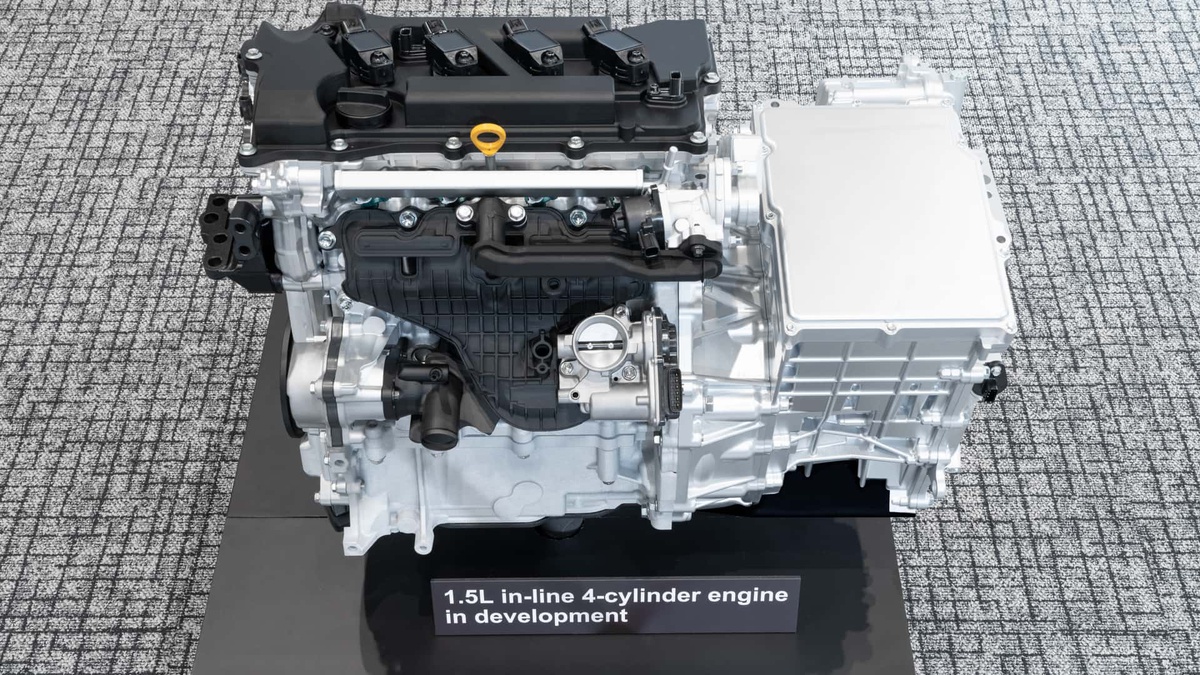
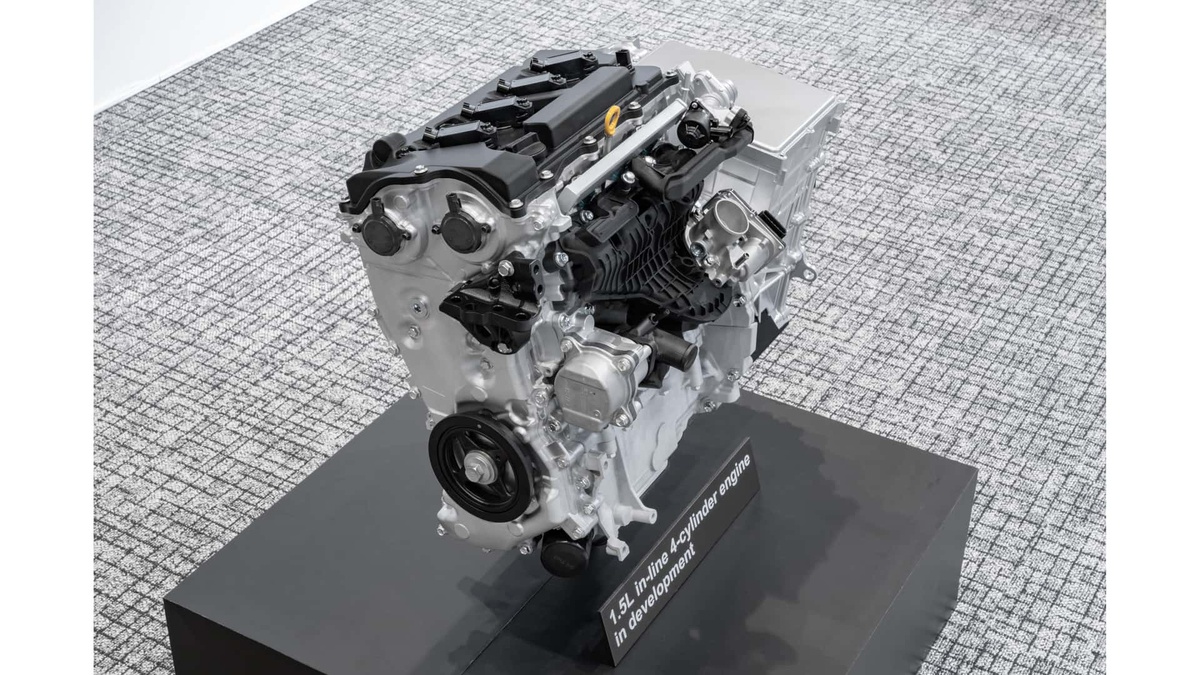
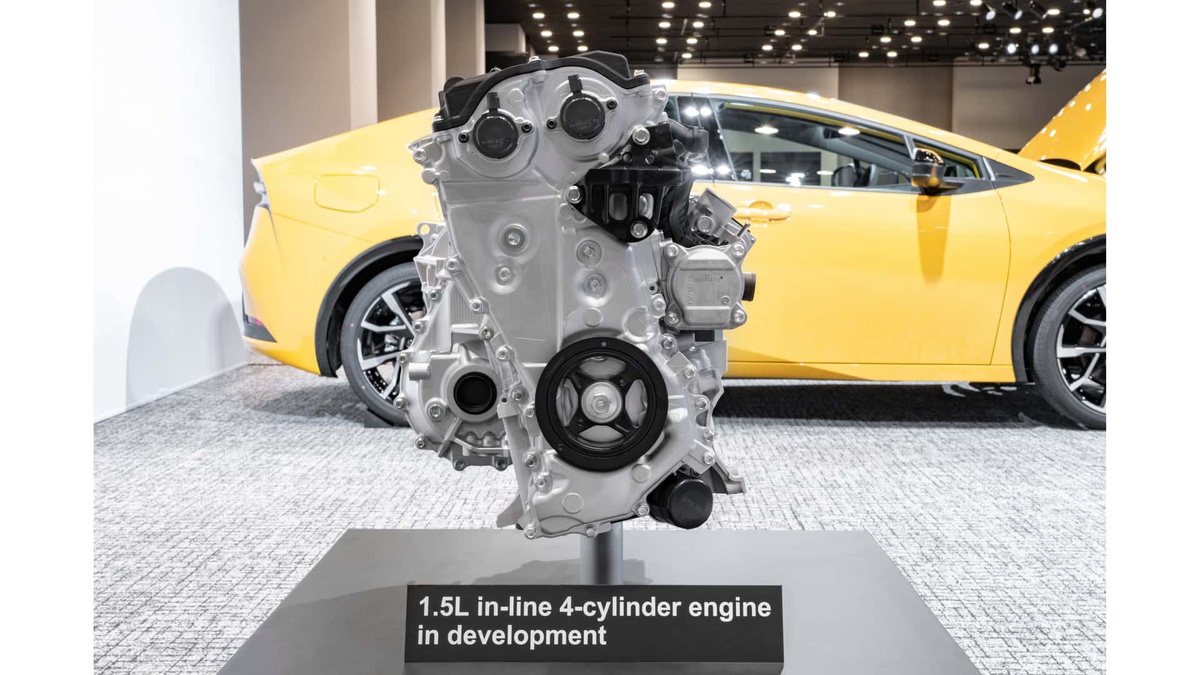
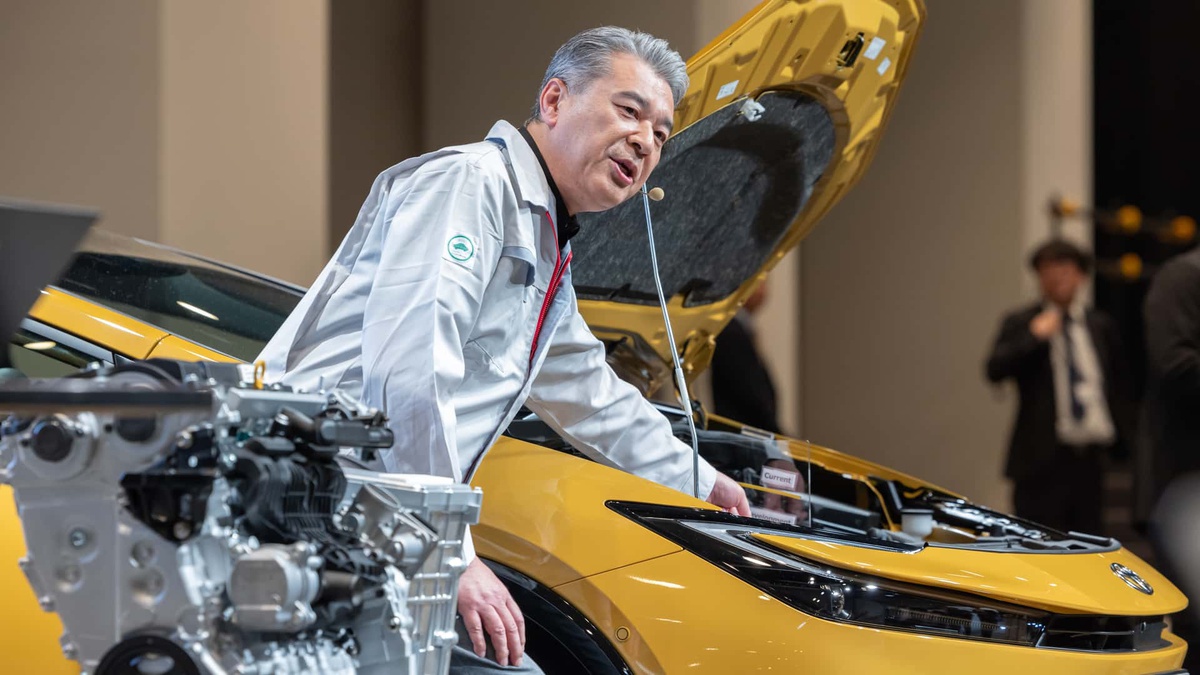
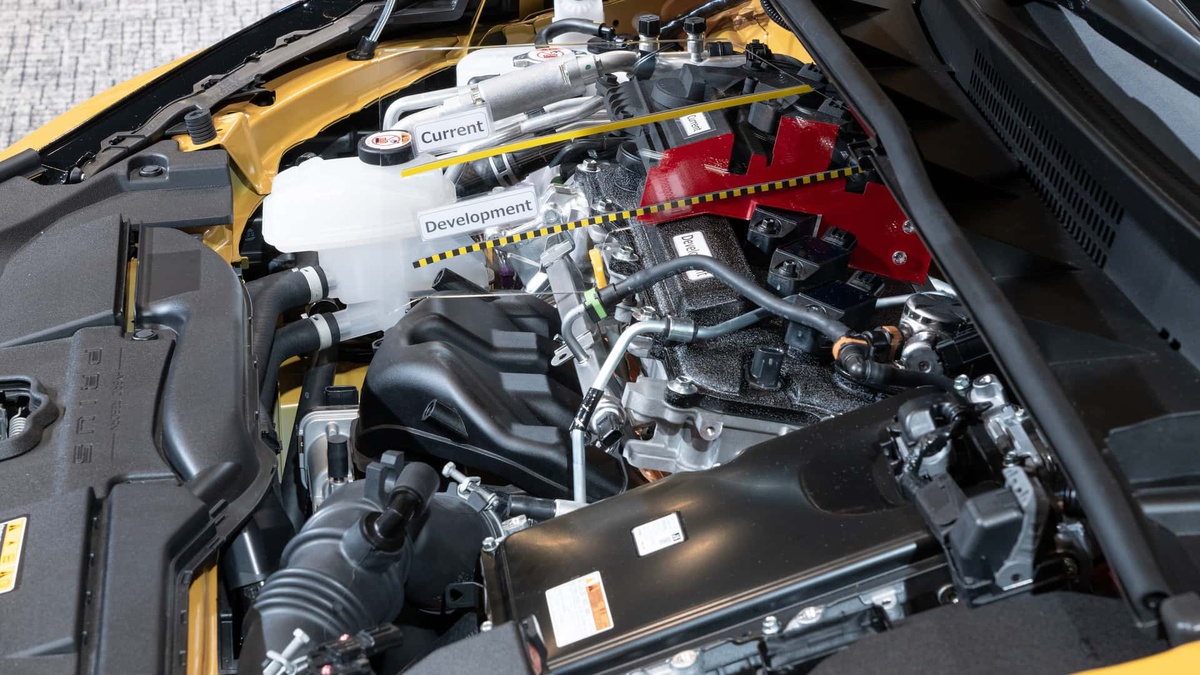
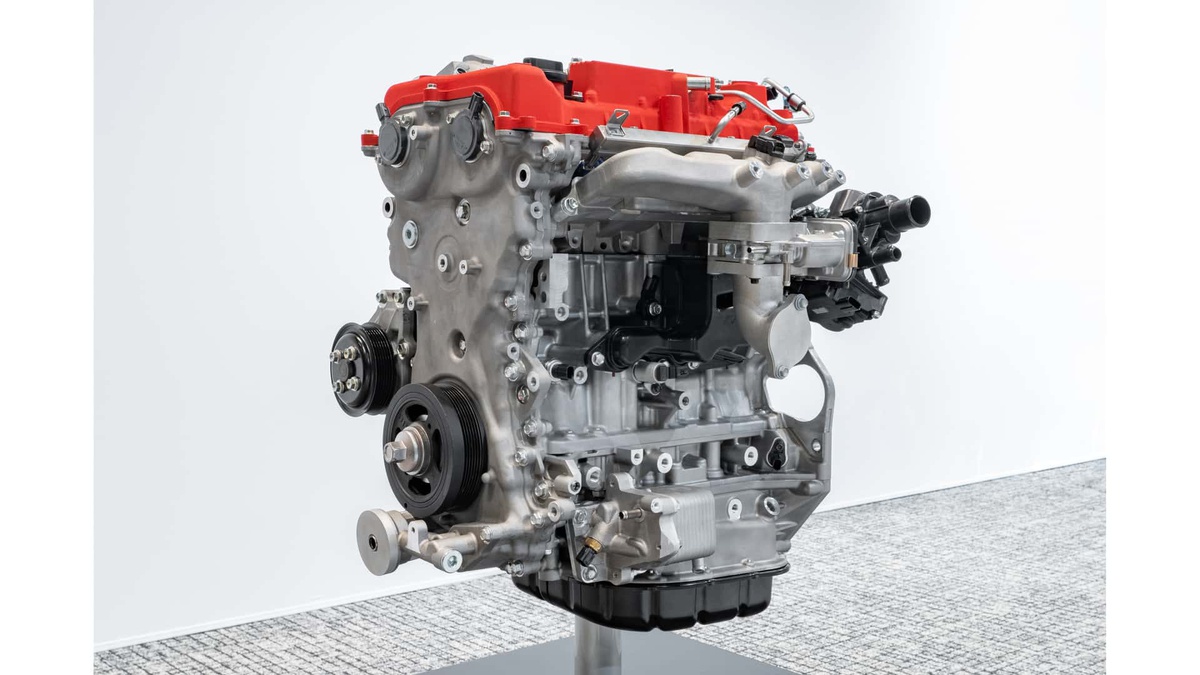
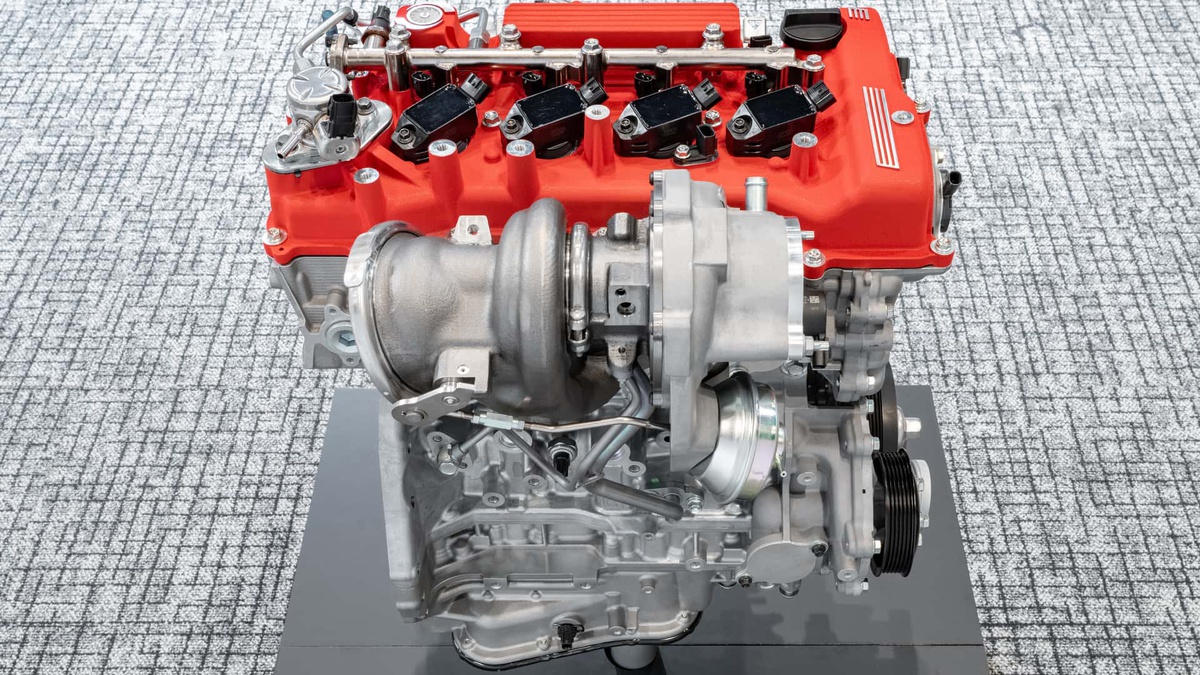
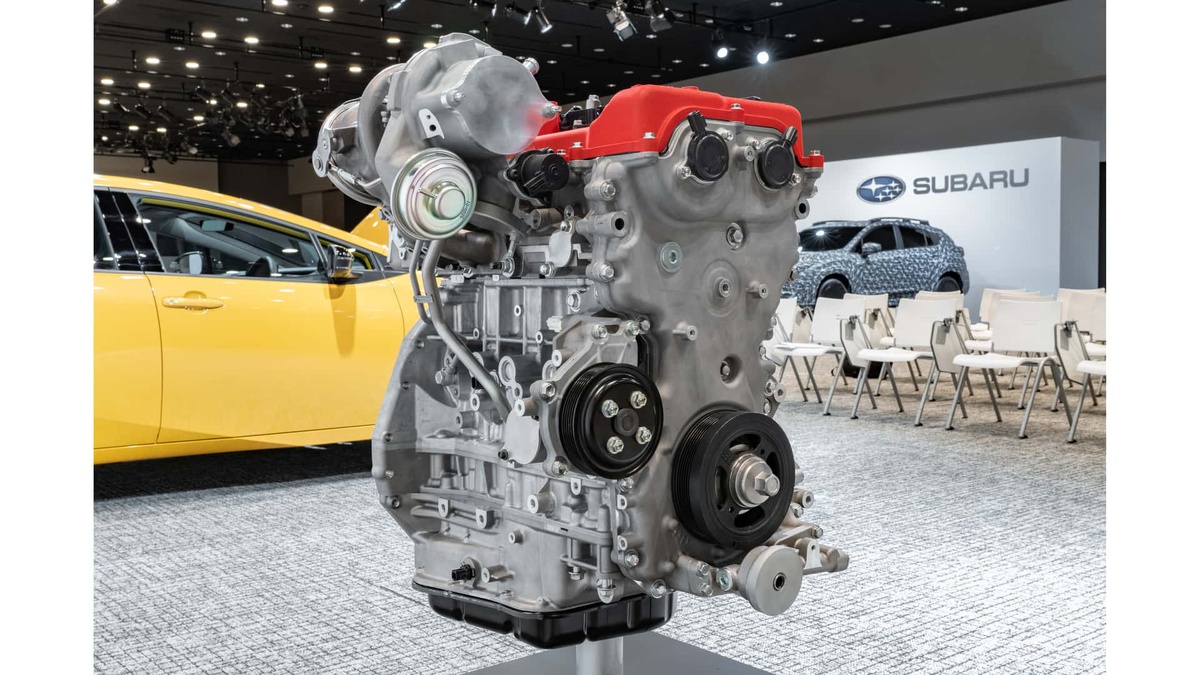
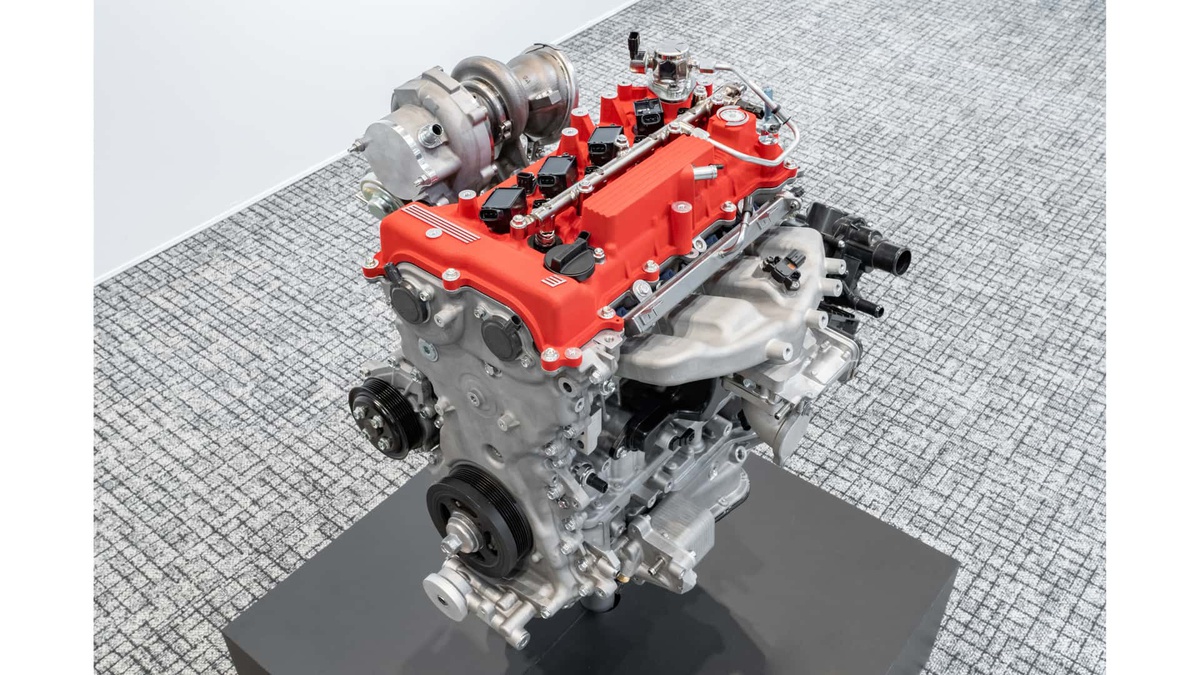
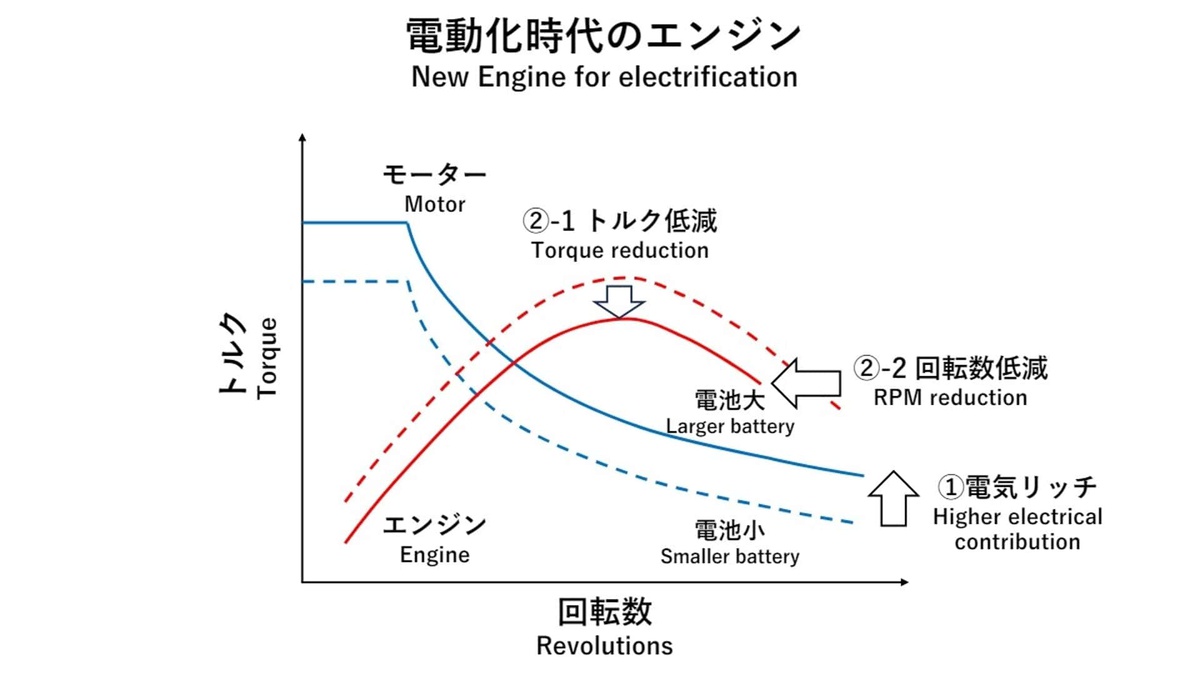
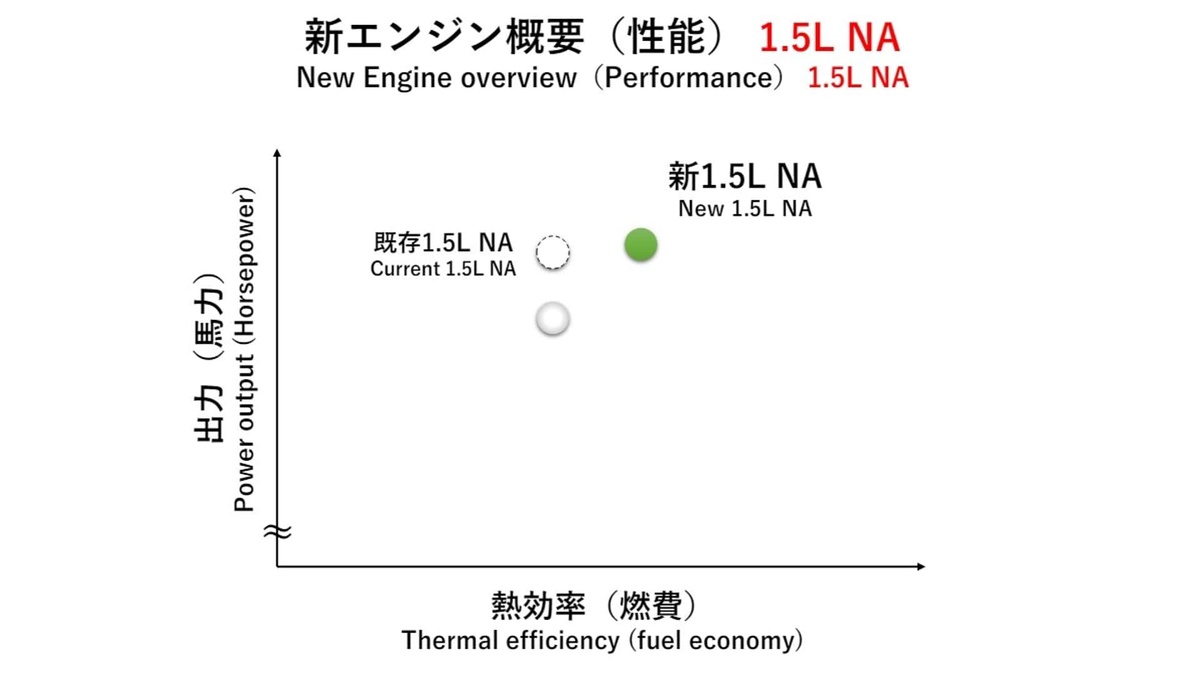
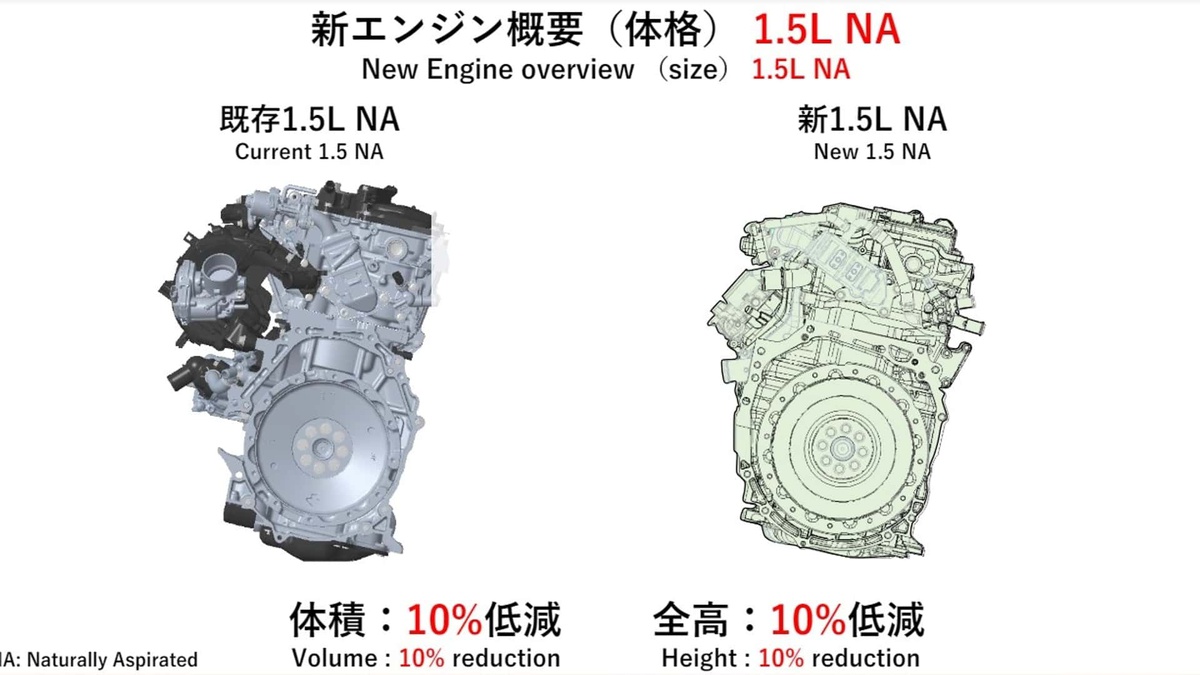
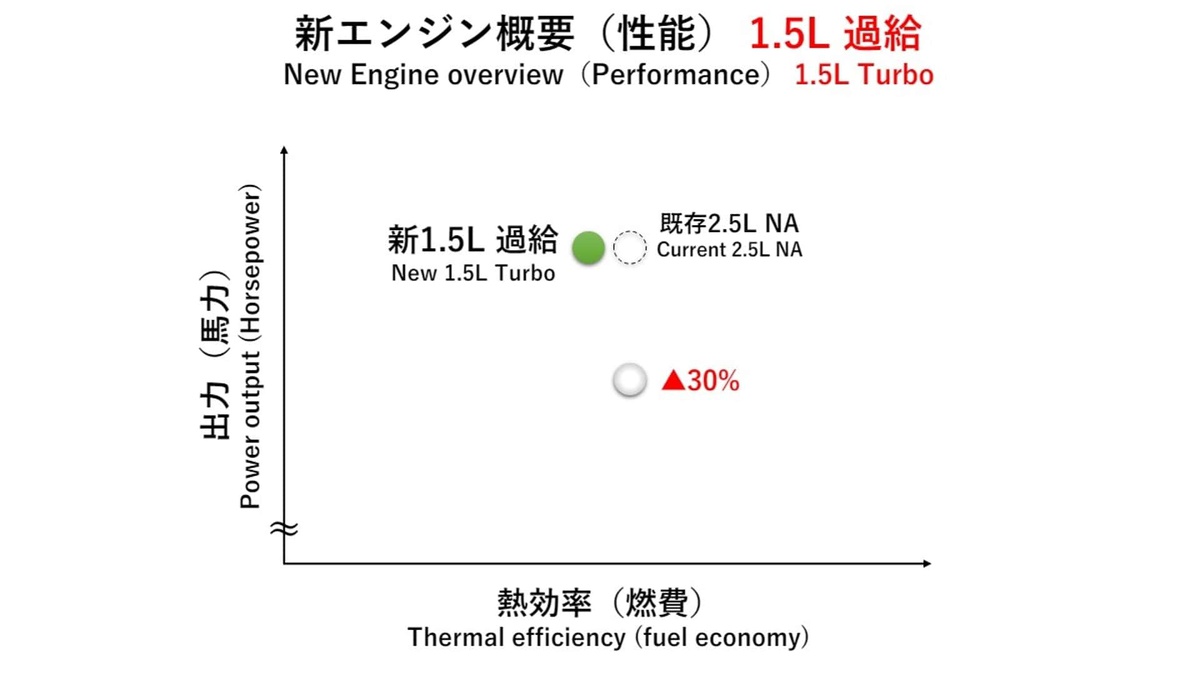
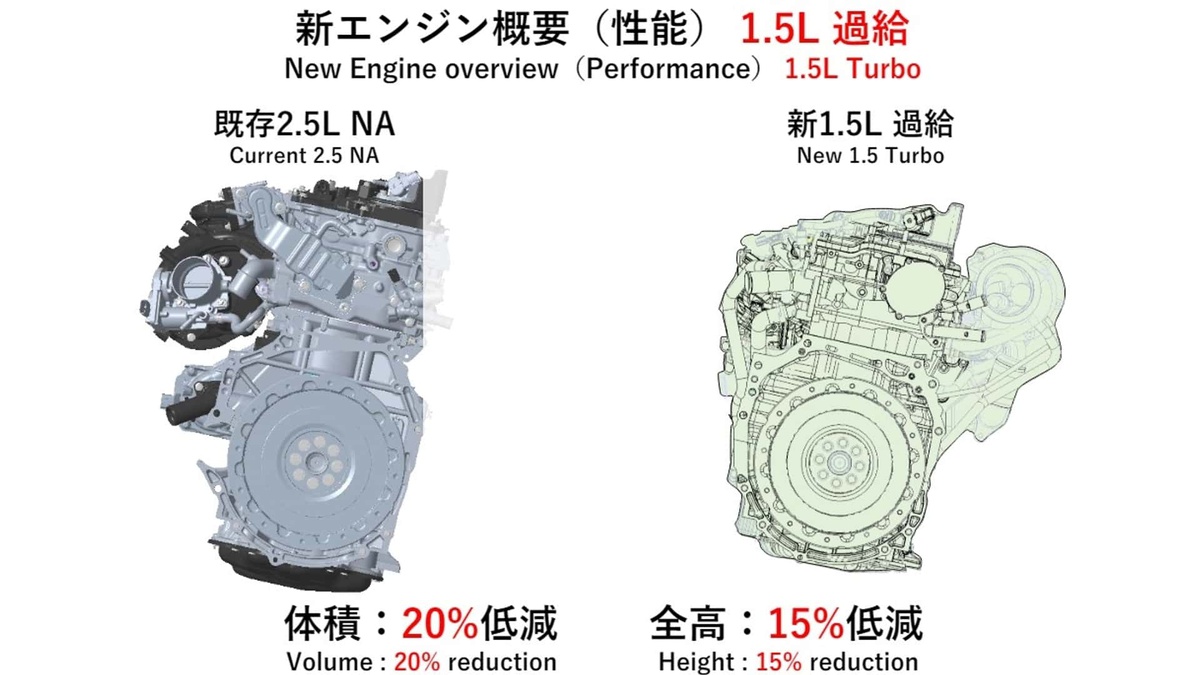
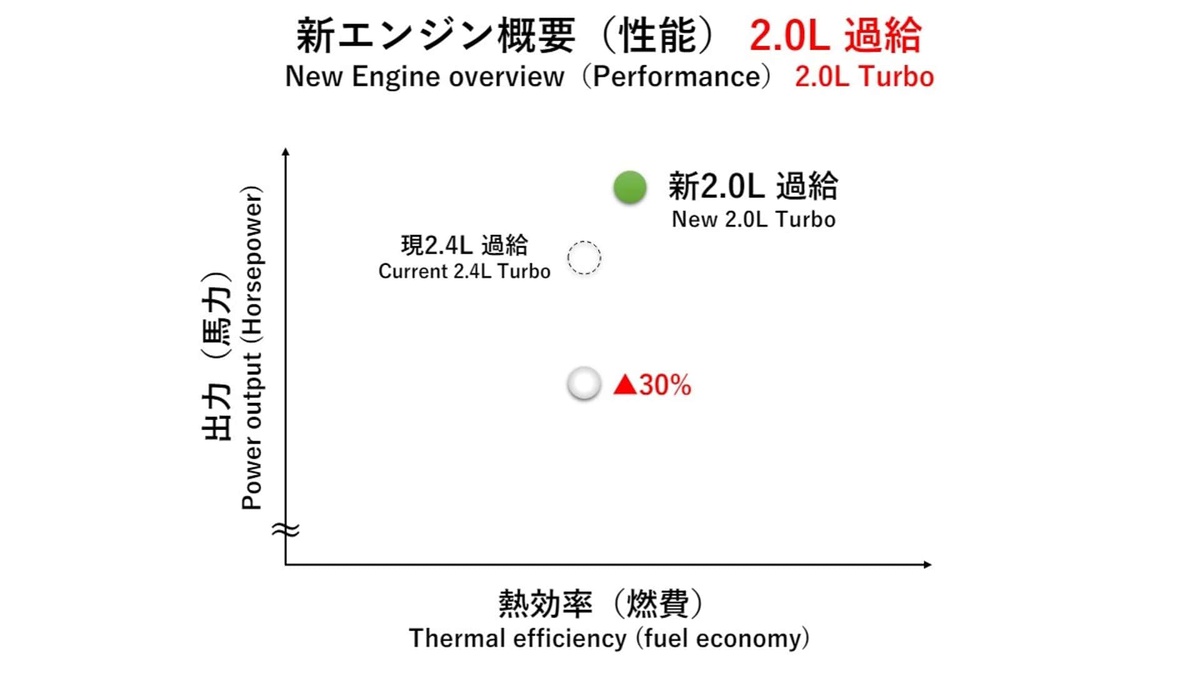
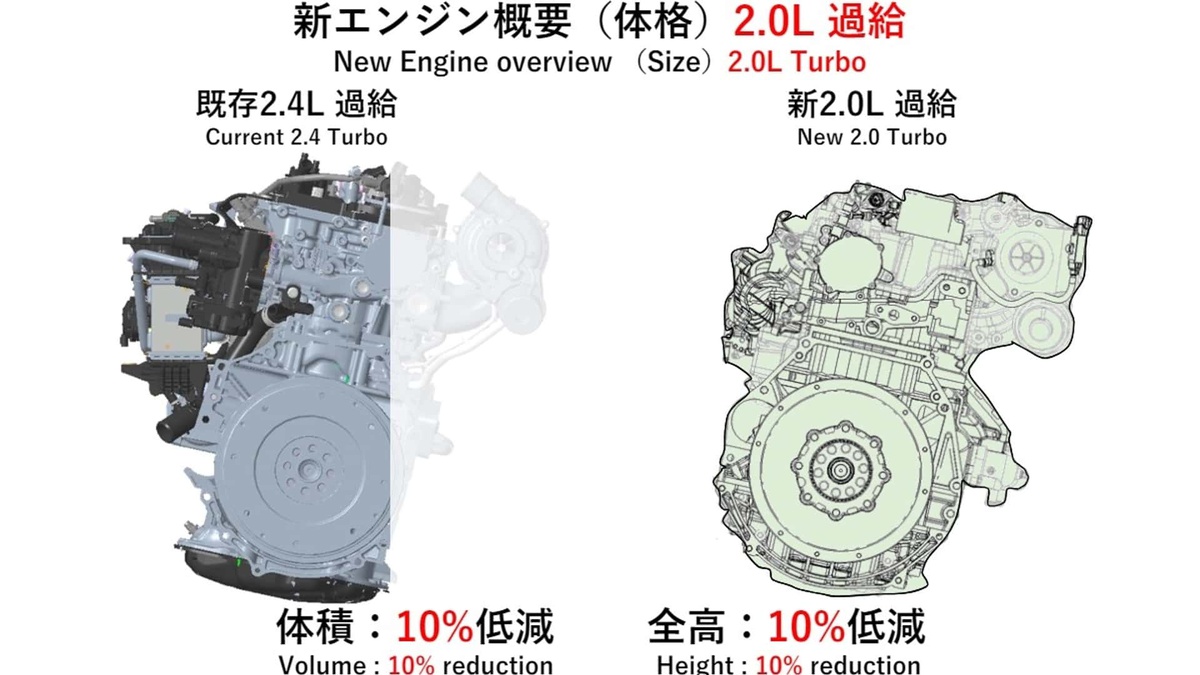
Source: Automotive News
.jpg)
